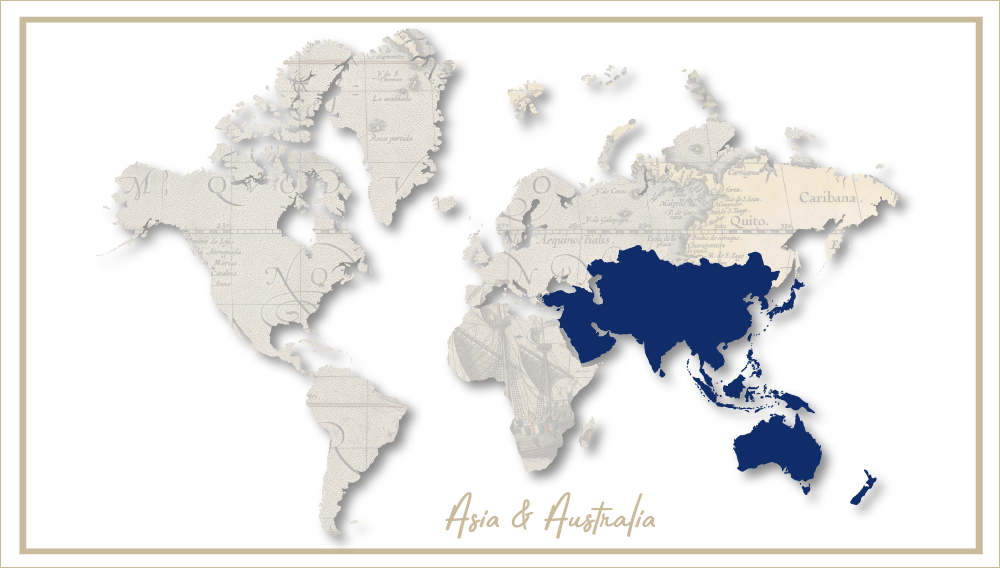Seeking solace in an IPO
Vietnam’s largest brewer, state-owned, Saigon Beer Alcohol Beverage Corp (Sabeco), plans to raise at least USD 557 million from selling 20 percent of its shares in an initial public offering on 28 January 2008.
If the IPO, which has been postponed twice already, goes ahead - and that’s a big “If” given recent global stock market wobbles - the company would reap the reward for having hit the stock market first. According to media sources, the Vietnamese government decided to delay the IPOs of state-run Incombank and Hanoi Beer Alcohol Beverage Corp (Habeco), the country’s second-largest brewer, in order to avoid oversupplying the market with a glut of shares.
The offering by Sabeco, which has between 30 and 35 percent of Vietnam’s fast-growing beer market (depending on your market researchers), will take place on 28 January 2008 as the Communist-ruled country bows to international pressures to privatise large state-owned companies.
The government said it would retain 79.61 percent of the firm. The Ho Chi Minh City-based Sabeco will auction 128,257,000 shares, or 20 percent, at a starting price of 70,000 dong (USD 4.34) each.
Based on the starting price, Sabeco would be valued at USD 2.78 billion.
Sabeco plans to use the capital raised during the IPO for capacity expansion projects in order to keep up with demand, which is to rise to 28 litres per capita by 2010. Its output is to reach 10 million hl by the same year.
The local beer market is expanding aggressively, catching foreign investor interests, with annual consumption at around 18 litres a person.
Sabeco, which brews Saigon Beer and 333, reportedly saw its net profit drop 20.8 percent from 2006 to 610 billion dong (USD 38 million) in 2007 even though revenues jumped 32 percent to 7.61 trillion dong (USD 480 million). The reason? Apparently, the rising cost of beer production.
Sabeco has projected net profit to rise to 619.4 billion dong in 2008 and to 925.4 billion dong (USD 58 million) in 2009.
Vietnam’s economy expanded 8.5 percent in 2007 and its beer production reportedly rose 19 percent to 18.5 million hl.
United Kingdom - ‘the worst part of bad year’
The Christmas season, usually one of the major beer selling seasons, has seen an alarming drop of almost 10 percent in beer sales. Read on
Despite the gloom and doom scenario, pub companies remain cautiously optimistic over the short term. Yet, they would say that, wouldn’t they, since the biggest ones are listed companies and do not want to frighten their shareholders. Managed pub operator JD Wetherspoon has added its own note of warning about pub trading to those of other operators as it updated the market on trading at the end of January 2008.
Wetherspoon reported like-for-like sales for the 11 weeks to 13 January 2008 falling by 3.2 percent, “with the anticipated pattern of strong food sales growth combined with a decrease in bar sales”.
In the year to date – 24 weeks to 13 January 2008 – like for like sales decreased by 2.0 percent, while overall group sales rose by 0.4 percent.
Wetherspoon admitted to declining sales of premium lager and spirits and a rise in sales of real ale, food and coffee. The group said it sold one million cups of coffee and tea in the Christmas fortnight.
Wetherspoon’s results underline the negative impact of the ban on smoking which was introduced into England’s pubs in July 2007. Industry observers thought that pubs and brewers would be hit hard by the ban but no one had any idea how hard. It is believed that beer sales in pubs - about 55 percent of overall sales by volume - were likely to fall behind the take-home trade this year for the first time in living memory.

